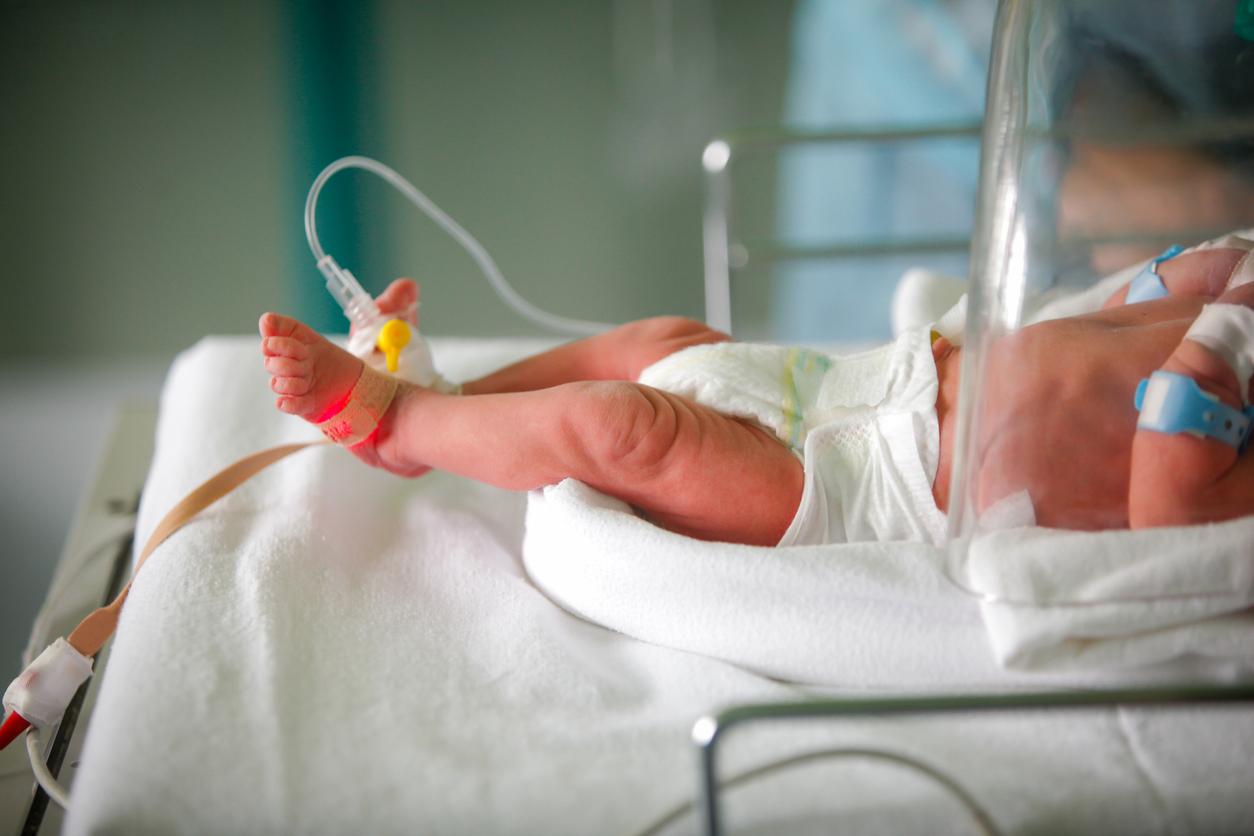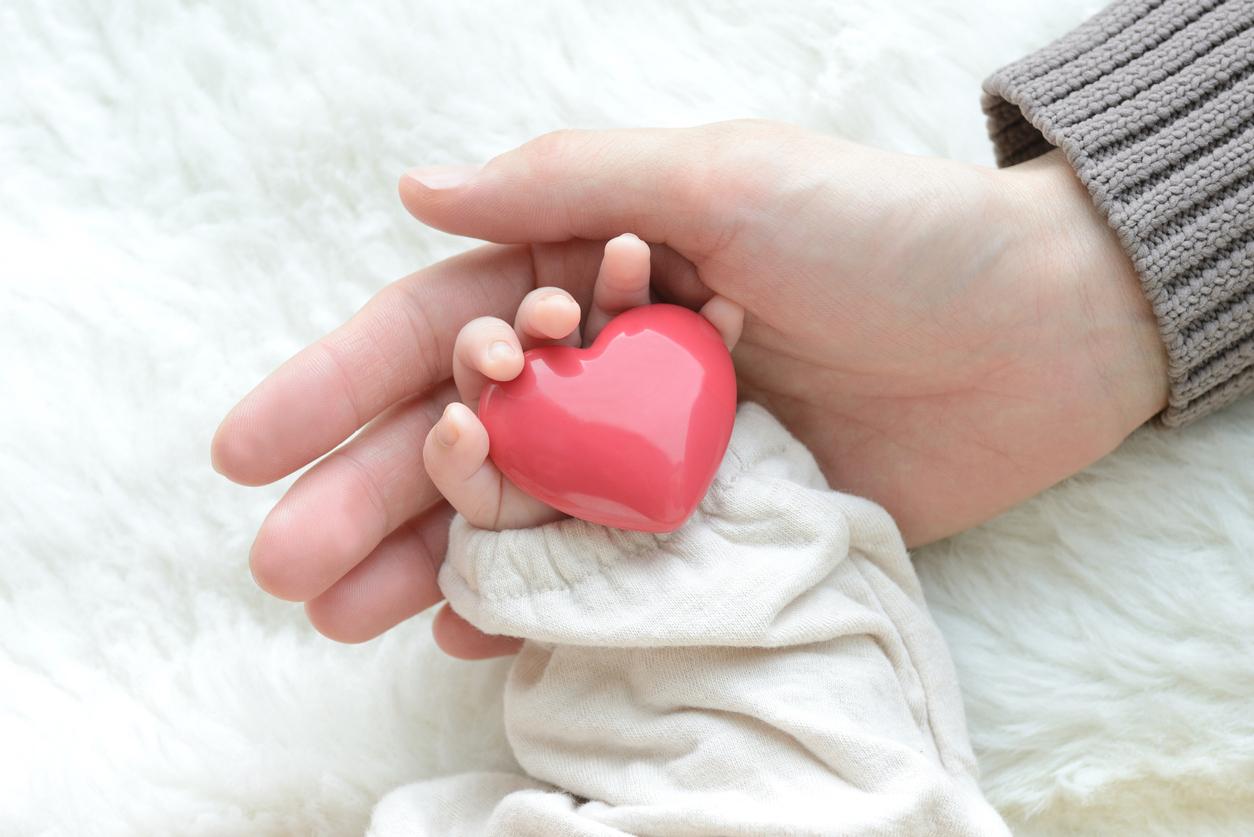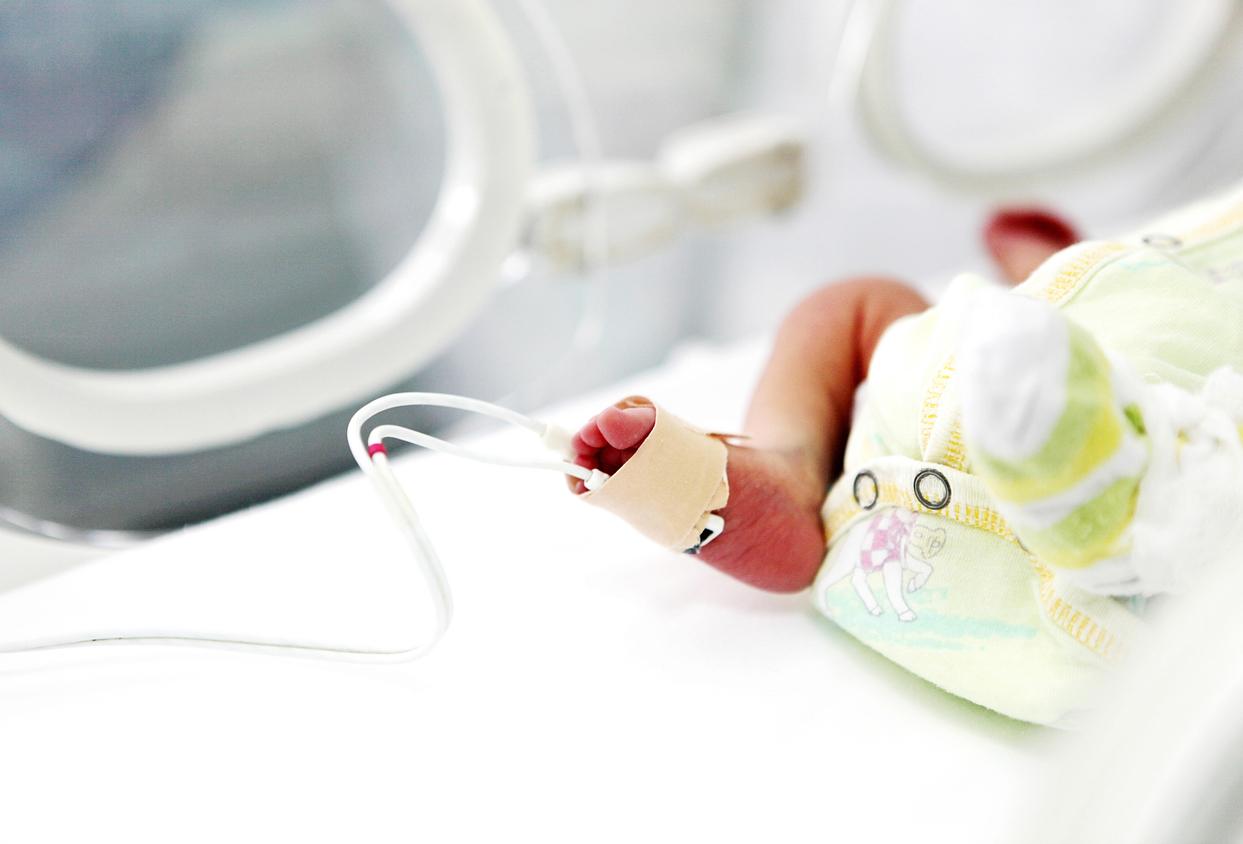Have you ever heard of triclosan? This molecule (with the chemical formula 5-chloro-2-(2,4-dichlorophenoxy)phenol) is used for its antiseptic, disinfectant and preservative properties. Triclosan is thus found in many beauty and hygiene products, such as deodorants, shower gels, mouthwashes, liquid soaps, toothpastes, foundations, etc.
Problem: Triclosan is an endocrine disruptor. We now know that this molecule can have a negative impact on the reproductive system and on the functioning of thyroid hormones. In addition, triclosan is suspected of promoting antibiotic resistance, disturbing liver activity and increasing the risk of allergy.
In addition, according to a new study conducted by the University of California San Diego School of Medicine (in the United States), triclosan could pass into breast milk and cause liver damage in nursing babies.
A molecule that is not (yet?) banned in Europe
To reach this conclusion, the American researchers worked with mice whose food had been previously enriched with triclosan: they first observed that the molecule passed into the breast-feeding mother’s milk and ended up in the body of the mouse. Breastfed pups developed several liver pathologies, including non-alcoholic steatohepatitis (NASH or “fatty liver disease”) and non-alcoholic steatopathy (NAFLD).
“Early exposure to triclosan through breastfeeding may cause lasting harm to liver function“conclude the researchers who published their work in the specialized journal NatureCommunications.
If, in the United States, triclosan is banned by the American Food and Drug Administration, in Europe, this molecule is still used at a maximum concentration of 0.3% in cosmetic products (0.2% for mouthwashes).
Read also :
- Osteoporosis: triclosan would weaken the bones
- A global call to ban triclosan from cosmetics
- Liver cancer: it can also be caused by toothpaste

















